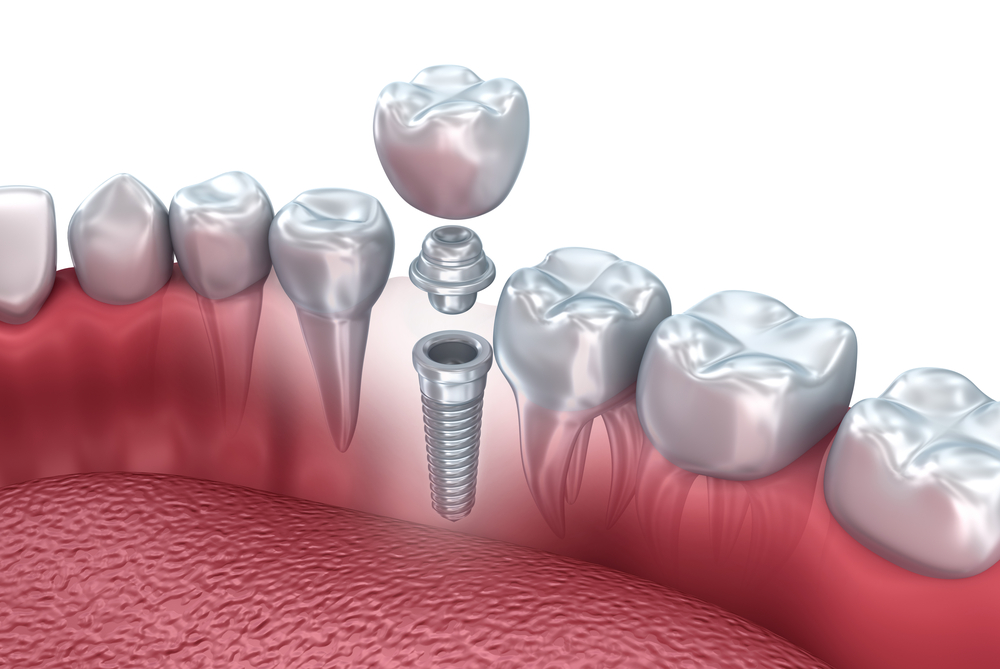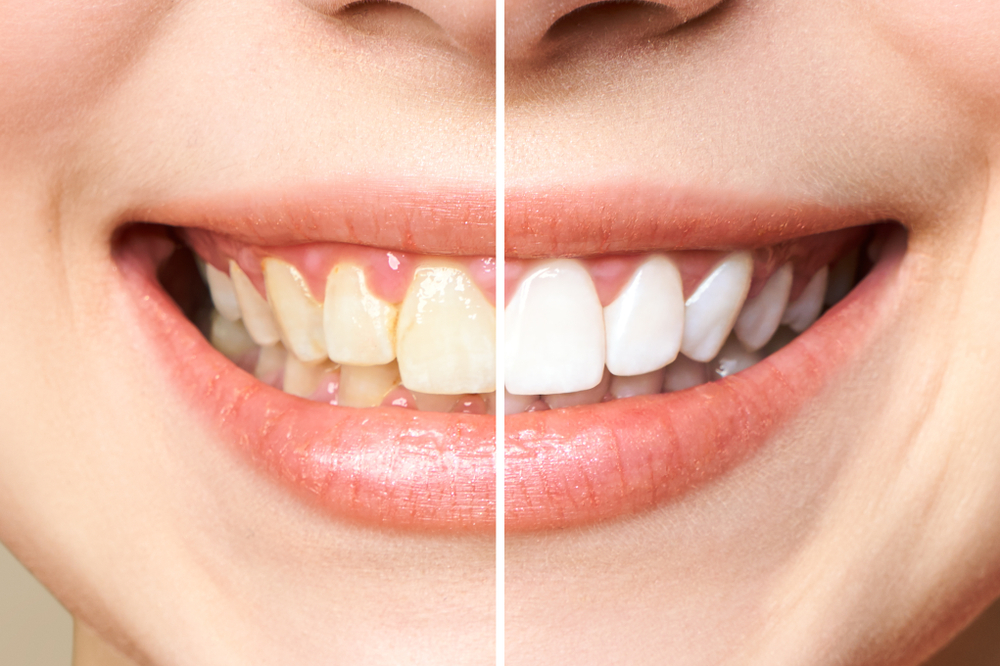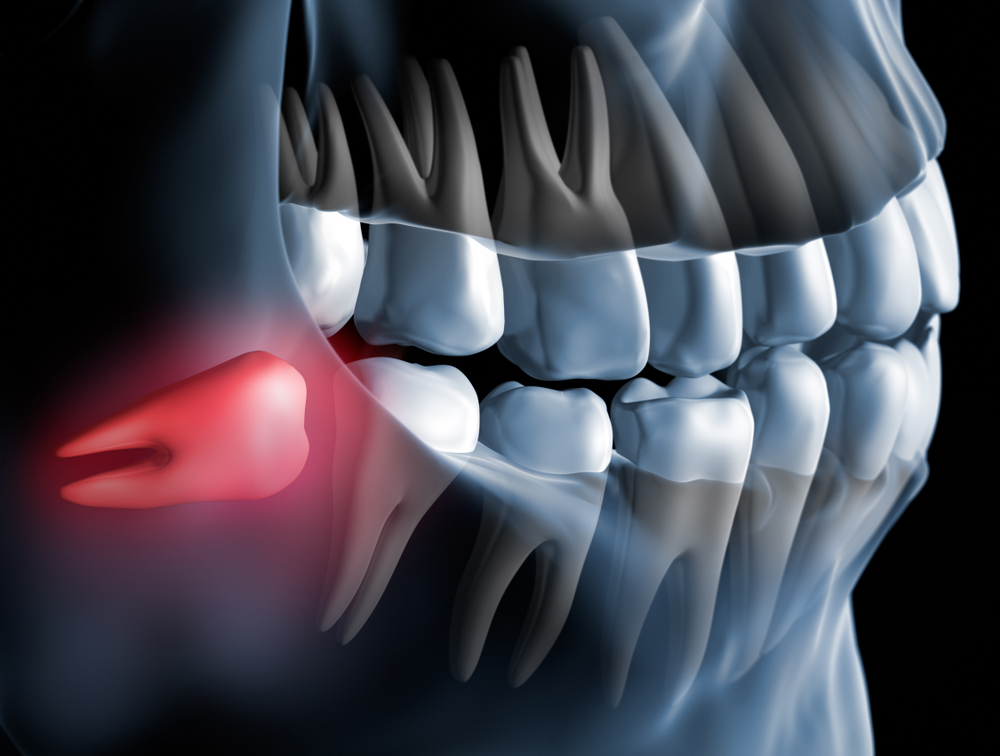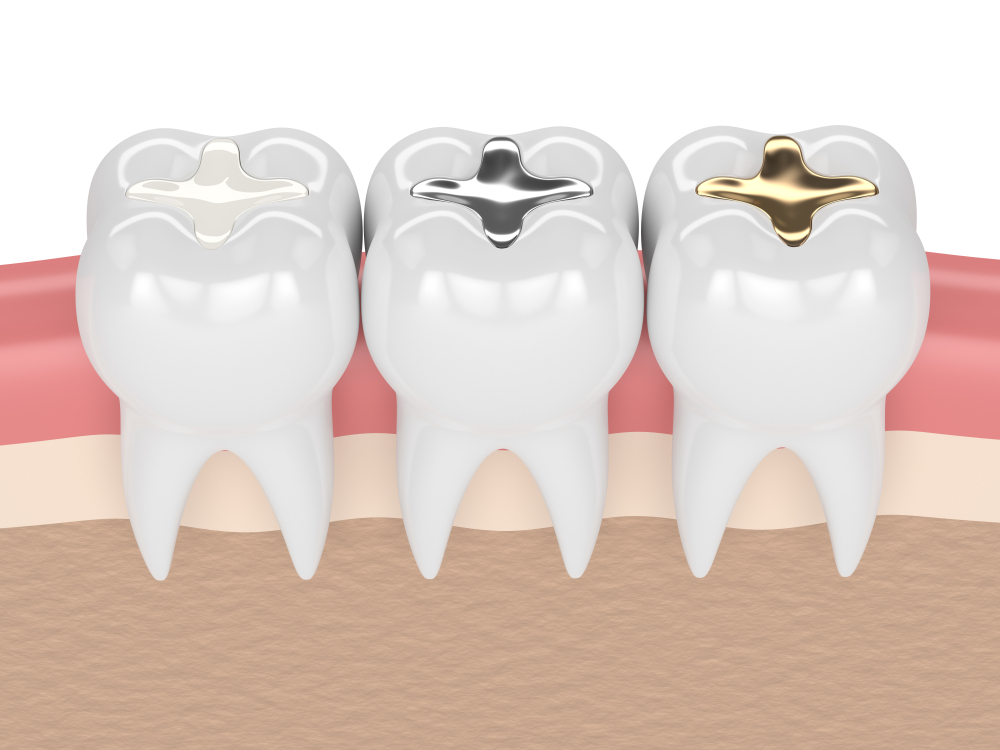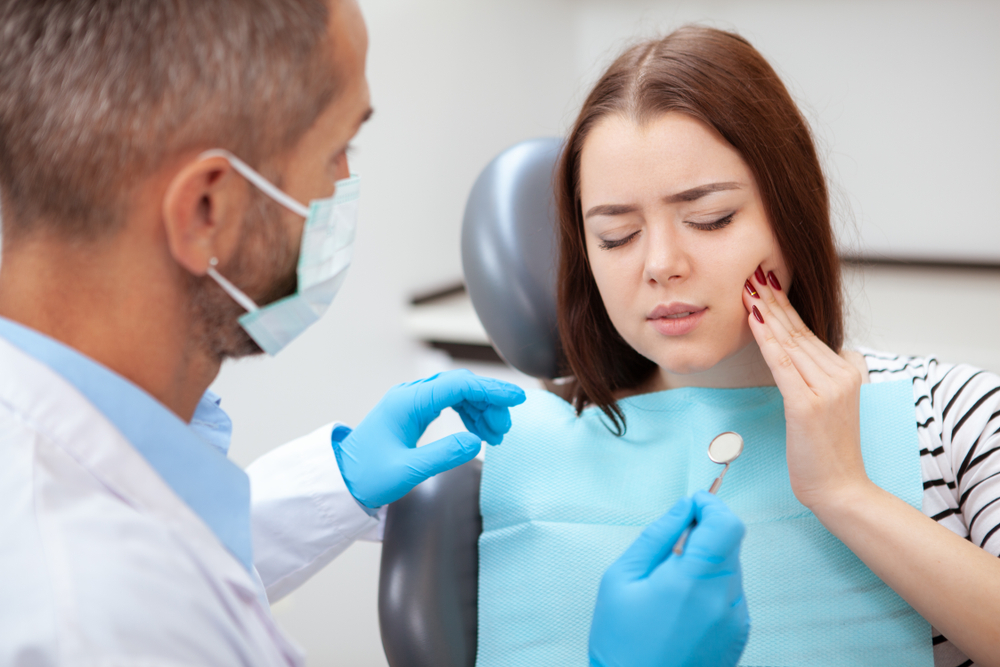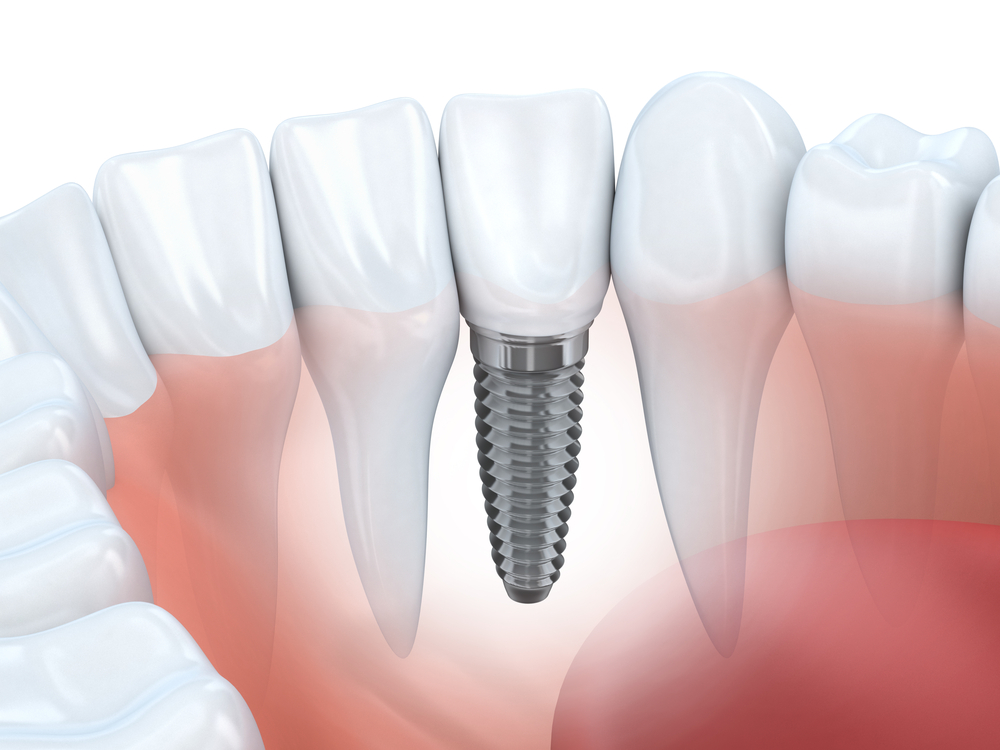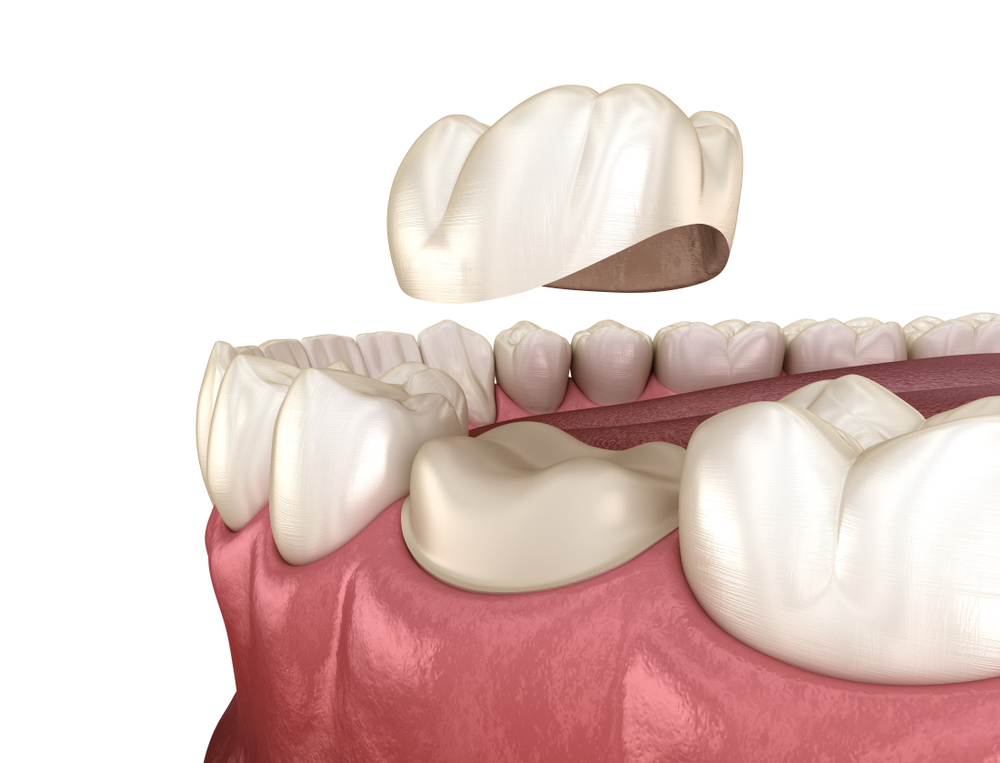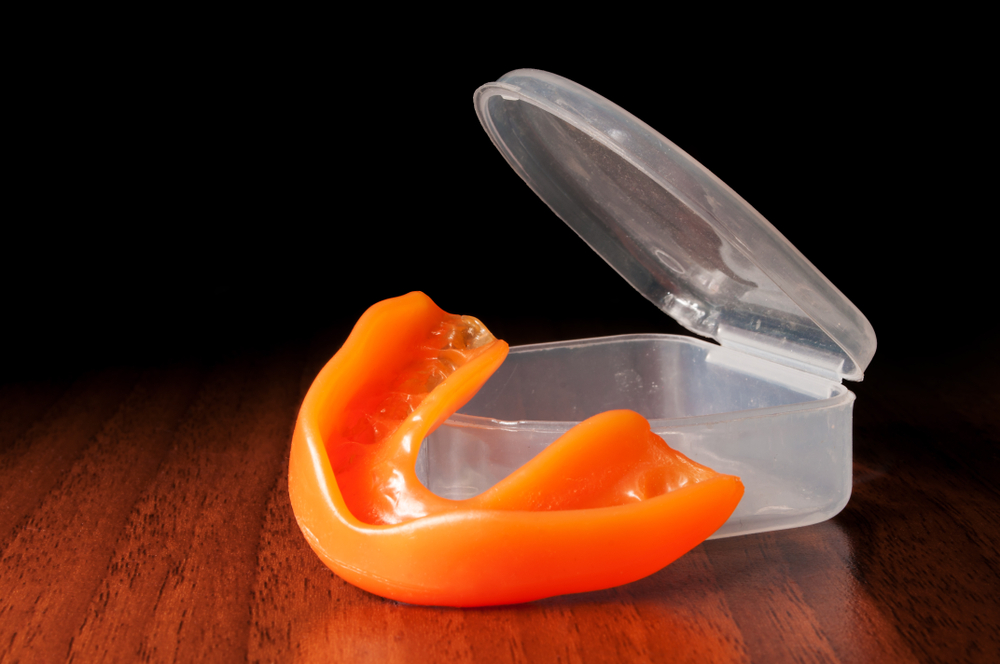What Is Paediatric Dentistry All About?
Is your child suffering from a dental problem? If so, you should consult a paediatric dentist if you’re in the Caroline Springs area. Pediatric dentistry deals with the inspection and management of dental health in children.
Good dental care is crucial to the overall well-being and happiness of your child. However, most kids think that dental procedures are intimidating and painful and will try to avoid them. That’s where paediatric dentistry comes to the fore.
A paediatric dentist is experienced in dealing with dental anxiety in kids. They are trained to make your child comfortable on the dental chair in order to make sure they examine your children’s teeth at least every six months to prevent tooth decay and gum problems.
In this article, we are going to take a look at the following:
- The Importance Of Paediatric Dentistry
- What Does A Paediatric Dentist Cover?
- How To Choose A Paediatric Dentist?
The Importance Of Paediatric Dentistry
From the time your child’s first tooth emerges – when they are between 6-12 months – dental care becomes important. Paediatric dentistry will assist in the development of a healthy jaw in your child.
Healthy permanent teeth and the ability to chew and speak properly are also dependent on proper dental care. When permanent teeth emerge in your baby, pediatric dental care will help maintain the health of these teeth.
Your baby is more inclined to consume sugary foods and beverages. These foods can affect the health of your child’s permanent teeth.
A qualified paediatric dentist will inspect your child’s teeth at least twice a year and help maintain the health of your kid’s permanent teeth in the long run.
A paediatric dentist will closely work with both the child and parent to develop good dental hygiene practices. This will become the foundation of excellent dental health for your child in the future.
A dentist will advise how to floss and brush properly and reduce the sugar intake to maintain your child’s teeth in the long run. That’s why you need to choose a qualified and experienced paediatric dentist in the area.
What Does A Pediatric Dentist Cover?
Your child’s dental needs are unique and different from the needs of an adult. A reliable paediatric dentist can help maintain your child’s teeth in the long run. He or she will guarantee the perfect smile and appearance of your child.
Here are some of the procedures performed by a paediatric dentist:
- Bi-annual or annual dental checkups
- Tooth extractions
- Dental x-rays, dental fillings, and crowns
- Oral surgery
- Gum treatments
- Sealants
- Restoring implants
- Pediatric sedation dentistry
- Dental cleaning
- Preliminary orthodontic planning
- Fluoride treatments
- Brushing & flossing lessons
- Early cavity detection
A paediatric dentist will do everything possible to maintain your kid’s smile and to keep their oral health at optimum levels. Whether you need regular dental checkups or more specialised orthodontic treatments, a paediatric dentist is the best person for your child.
However, you should choose a highly qualified and experienced paediatric dentist for this purpose.
How To Choose A Paediatric Dentist?
Paediatric dentists are highly qualified to protect your child’s oral health. They have to undergo another 2-3 years of training after the four-year stint at the dental school to become a paediatric dentist.
You should look for the credentials and experience of the potential candidate when choosing the best paediatric dentist. They should provide a fun and welcoming environment for your child.
Make sure you check customer feedback before choosing the best paediatric dentist for your child.
Are you searching for the best dentists in Caroline Springs for your child or other dental procedures? If so, then look no further than Gardens Dental.
Gardens Dental offers a full array of dental services to help you and your family maintain healthy teeth and are a trusted and reliable dentist in Caroline Springs.
To learn more about our services or make an appointment, please contact us today on (03) 9449 2626 or through our website.


